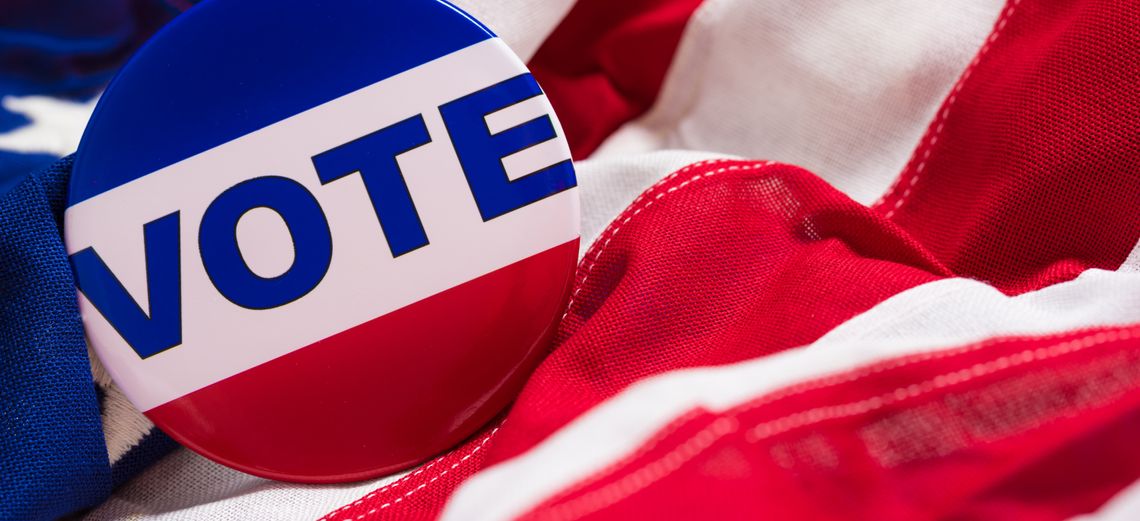Presidential election years in the United States garner significant attention within the country and across the globe. Anticipation of Election Day, which falls on Nov. 5, 2024, begins to grow in early January in years when voters will choose who will reside in the White House for the next four years. The Iowa caucuses take place in early January, ushering in presidential primary season. The primaries are hot topics in presidential years, but voters may have questions about what they signify and how much influence they have on the November elections.
What are presidential primaries?
The United States government notes that most states hold primaries six to nine months before a presidential election. Voters who participate in a primary do so anonymously in most cases. A primary winner is awarded delegates (each state has its own methods regarding how many delegates are awarded to each candidate) once the votes are tallied.
What is a caucus?
The New Hampshire primary is the first presidential primary of election season, but it’s not the first election year opportunity for candidates to establish themselves. The Iowa caucuses precede the New Hampshire primary. Caucuses are meetings run by political parties that are held at the county, district or precinct level. Some caucuses choose candidates by secret ballot, while others require participants to divide themselves into groups based on the candidate they support (undecided participants form their own group). Caucuses are a unique part of the presidential election process in that each candidate’s group will speak and attempt to persuade other groups to support their candidate. Candidates are ultimately awarded delegates based on the number of caucus votes they receive. In addition to Iowa, Missouri, Nevada, North Dakota, and Wyoming conduct caucuses instead of primaries.
Are all primaries the same?
The National Conference of State Legislatures notes that state primary laws are complex and vary widely by state. Eligible voters who aspire to participate in primaries are urged to contact their local governments to identify which type of primary is conducted in their state and how they can vote in the primary. Voters may learn their states conduct one of these types of primaries:
• Closed primaries: The NCSL indicates that individuals who want to vote in a closed primary must first be a registered party member. Independent or unaffiliated voters are excluded from participating in party nomination contests.
• Partially closed: In this system it’s up to the state to decide if unaffiliated voters or voters not registered with a party can participate in their nomination contests. Unaffiliated voters may be allowed while voters registered with opposing parties may be prohibited from participating in a partially closed primary. This can change from year to year.
• Partially open: The NCSL notes that a partially open system permits voters to cross party lines but voters who do so must publicly declare their party choice or their ballot may be regarded as a form of registration with the corresponding party.
• Open to unaffiliated voters: A handful of states allow unaffiliated voters to participate in any primary they choose. However, states who conduct these primaries do not allow voters registered with a party to vote in another party’s primary.
• Open primary: In an open primary state, voters are allowed to choose a primary to vote in privately, so their choice of party ballot is not public information, which can be the case with open to unaffiliated voter primaries.
These are not the only primary processes held in election years. Voters are urged to seek more information about primaries in their states to determine their eligibility to participate.
Presidential election season kicks off in January. Voters can learn more about the election process at ncsl.org and usa.gov.
.png)





